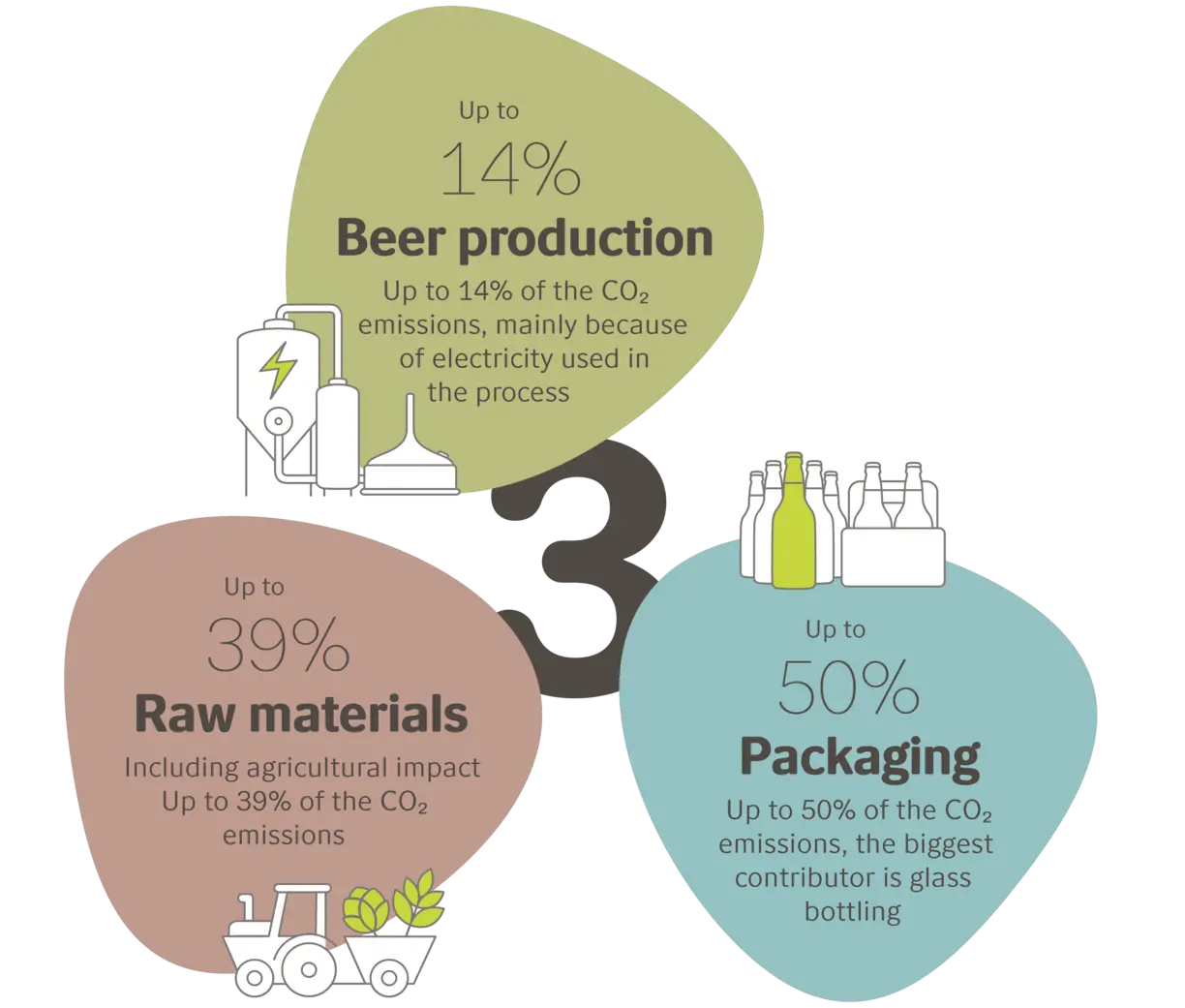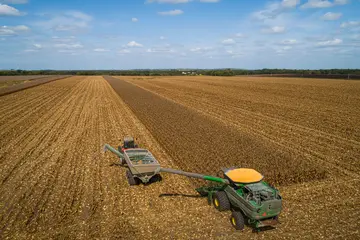Your partner for improved profitability
Through the use of enzymatic technology, you can improve your beer quality by extracting the highest amount of fermentable sugar possible from your raw materials – going well above the standard 75%, and in a short process time.
This would enable you to serve the local consumers what they really want: a beer that speaks to their traditions and heritage. And, you’d be helping local communities by supporting the farmers and suppliers of local crops.






